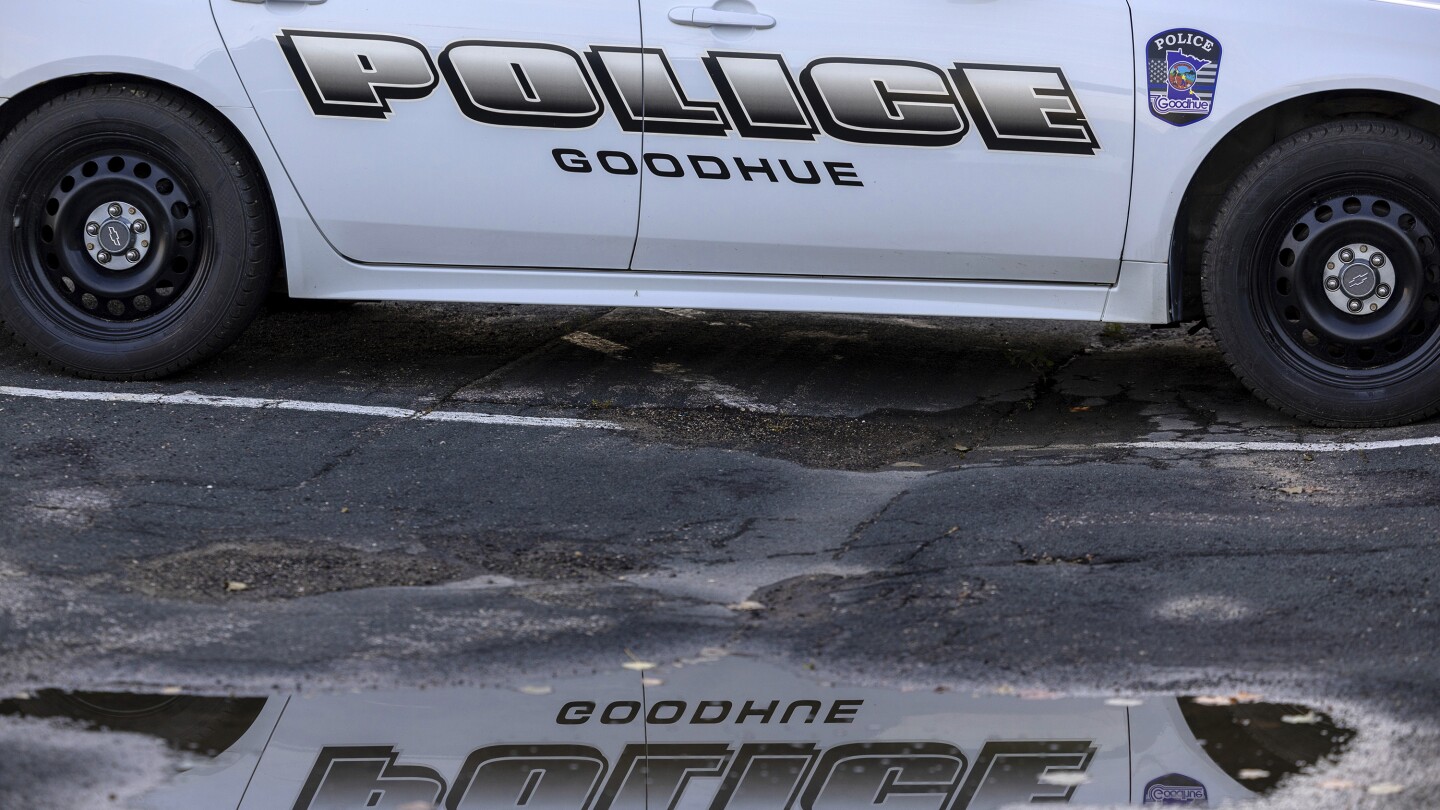As Goodhue Police Chief Josh Smith struggled this summer to fill vacancies in his small department, he warned the town’s City Council that unless pay and benefits improved, finding new officers would never happen.
When nothing changed, Smith quit. So did his few remaining officers, leading the Minnesota town of 1,300 residents to shutter its police force in late August.
America is in the midst of a police officer shortage that many in law enforcement blame on the twofold morale hit of 2020 — the coronavirus pandemic and criticism of police that boiled over with the murder of George Floyd by a police officer. From Minnesota to Maine, Ohio to Texas, small towns unable to fill jobs are eliminating their police departments and turning over police work to their county sheriff, a neighboring town or state police.



Removed by mod
I don’t know enough to know if nationalizing the police is a good idea, but that’s already an issue. Police can and do just move from one department to another.
At the very least there should be a national license or record that follows them.
Removed by mod
Solution: outlaw police unions and void their existing contracts. They’re the one category of unions I don’t support.
Removed by mod
I mean it works pretty decently in Canada. We have two ways of becoming a police officer and two systems. The College route is a two year program that focuses on police sciences, psychology, ethics and law. Then there is the RCMP route where you get shipped off for intensive training where you live millitary boot camp style for 6 months for a concentrated version with some physical training and then basically get a cadet status to be apprenticed out to a detachment.
Municipalities can choose to either have a police department run by them or to contract a federal detachment of the RCMP. The RCMP are only on the hook to solve federal law and bylaw enforcement is largely outside their perveiw. They are however cheaper for a Municipality because they are paid for in part by provincial government and 30 percent of their cost comes from the federal level.
The accountability is I think a little better than hiring people with just a GED. The investment of time and education makes a difference particularly since there’s a pretty heavy emphasis on de-escalation models of policing up here. Having an officer actually draw their firearm up here much less point it at a person is a shock.
At least it’s one target to fight to fix rather than every small town’s own shitty way to be shitty, and blue states would in theory try to counter the red state shittiness.
Yeah, I was with him until he said some bullshit about ‘rotating’ cops.
Always something, lol.